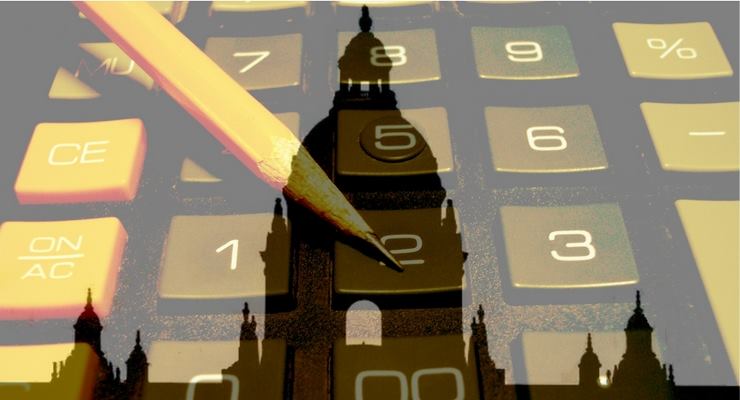
This April 15 isn’t the usual “Tax Day” in Los Angeles County. Both the Internal Revenue Service and the State of California have extended deadlines for all federal and state tax returns until October 15, and no extension filing is necessary.
However, the postponement does not apply to information returns in the W-2, 1094, 1095, 1097, 1098, or 1099 series; Forms 1042-S, 3921, 3922, or 8027; or to employment and excise tax deposits outside the specified January period.
“Following the disaster declaration issued by the Federal Emergency Management Agency (FEMA), individuals and households that reside or have a business in Los Angeles County qualify for tax relief,” the Internal Revenue Service stated in its earlier announcement. “The declaration permits the Internal Revenue Service to postpone certain tax-filing and tax-payment deadlines for taxpayers who reside or have a business in the disaster area.”
The IRS clarified that qualified wildfire relief payments made to Los Angeles County taxpayers are excluded from income, even when made by nonprofit organizations or other non-governmental entities, provided these payments are not covered by insurance or other reimbursements.
The extended deadline applies to individual income tax returns typically due April 15, as well as 2024 estimated tax payments originally due January 15, 2025, and subsequent estimated payments normally due April 15, June 16, and September 15, 2025.
Businesses also receive relief for various filing requirements, including quarterly payroll and excise tax returns normally due on January 31, April 30, and July 31, 2025; calendar-year partnership and S corporation returns normally due on March 17, 2025; calendar-year corporation and fiduciary returns normally due on April 15, 2025; and calendar-year tax-exempt organization returns normally due on May 15, 2025.
Form 5500 series returns that were required to be filed between January 7 and October 15, 2025, may be filed through October 15, 2025, in the manner described in section 8 of Rev. Proc. 2018-58. Relief pertaining to like-kind exchanges of property also applies to certain taxpayers who are not otherwise affected taxpayers and may include acts required to be performed before or after the postponement period.
Penalties on payroll and excise tax deposits due between January 7 and January 22, 2025, will be abated if deposits were made by January 22, 2025.
The Internal Revenue Service will automatically identify taxpayers located in the covered disaster area and apply filing and payment relief. Affected taxpayers residing or doing business outside the declared disaster area, as well as relief workers affiliated with recognized government or philanthropic organizations, can request relief by calling the Internal Revenue Service disaster hotline at 866-562-5227.
Wildfire victims may claim disaster-related casualty losses on their federal income tax return for either 2025 or the 2024 tax year, as detailed in Publication 547. Individuals can deduct personal property losses not covered by insurance or other reimbursements using Form 4684, Casualties and Thefts. Affected taxpayers should include FEMA disaster declaration number 4856-DR on any returns claiming such losses.
Additionally, qualified wildfire relief payments received in 2025 are excluded from gross income, as explained in Publication 525, Taxable and Nontaxable Income. This includes amounts for reasonable and necessary personal, family, living or funeral expenses, home repairs, replacement of contents, lost wages (except employer-paid wages), and compensation for personal injury, death, or emotional distress—provided these losses are not covered by insurance or other reimbursements.
The Internal Revenue Service will waive usual fees for requests for copies of previously filed tax returns for affected taxpayers who put the FEMA declaration number (4856-DR) in bold letters at the top of Form 4506 or Form 4506-T. Additional relief may be available to those participating in retirement plans or IRAs, including special disaster distributions that would not be subject to the additional 10% early distribution tax, as detailed in Form 8915-F. Taxpayers may also be eligible to make hardship withdrawals.
Multiple free tax preparation options remain available. Eligible individuals or families can get free help at Volunteer Income Tax Assistance (VITA) or Tax Counseling for the Elderly (TCE) sites by using the VITA Locator Tool or calling 800-906-9887, though standard VITA sites typically cannot help claim disaster losses. AARP Tax-Aide sites can be found using the AARP Site Locator Tool or by calling 888-227-7669.














 2 comments
2 comments


